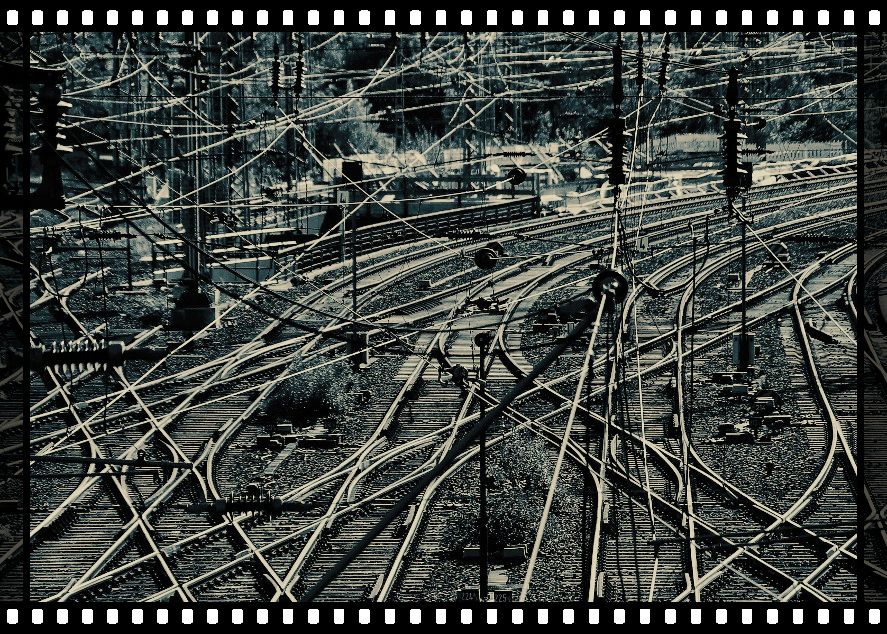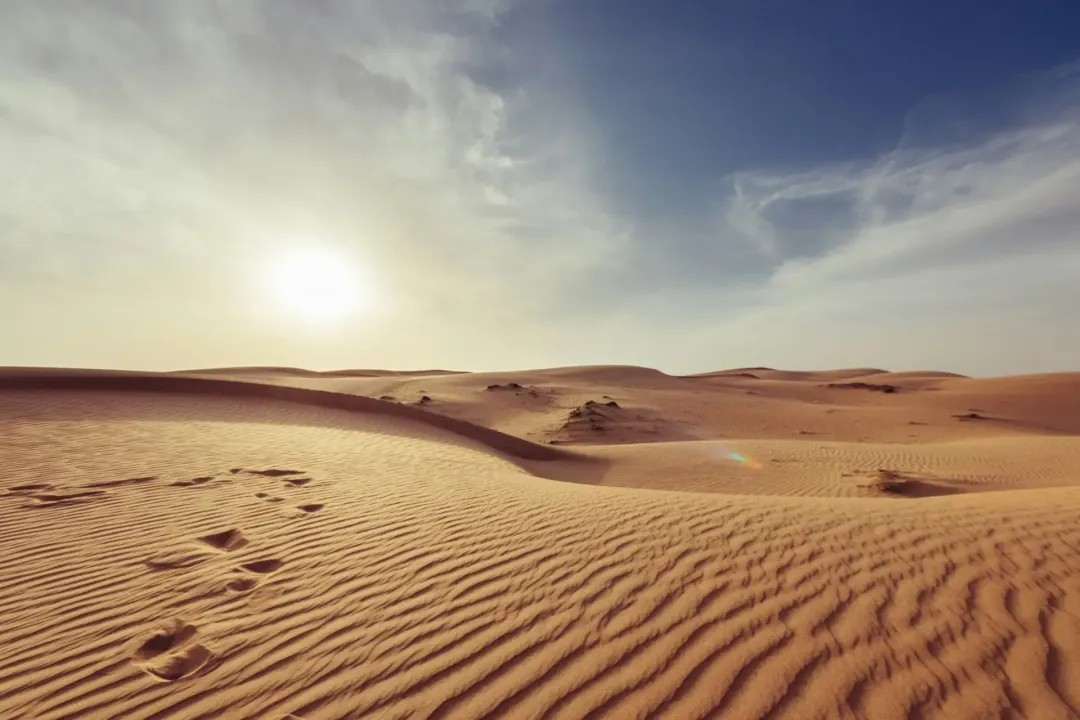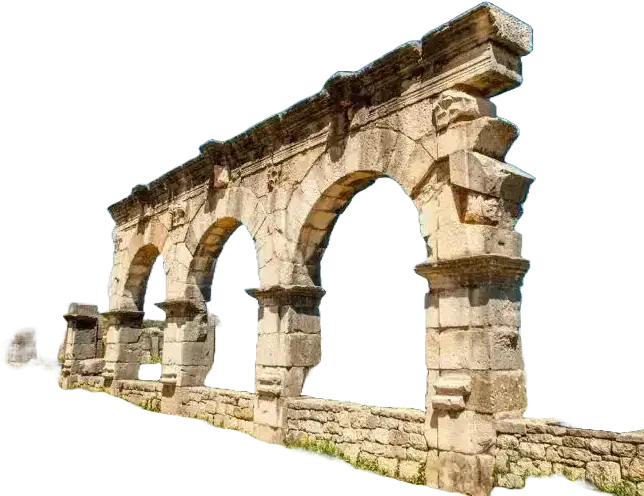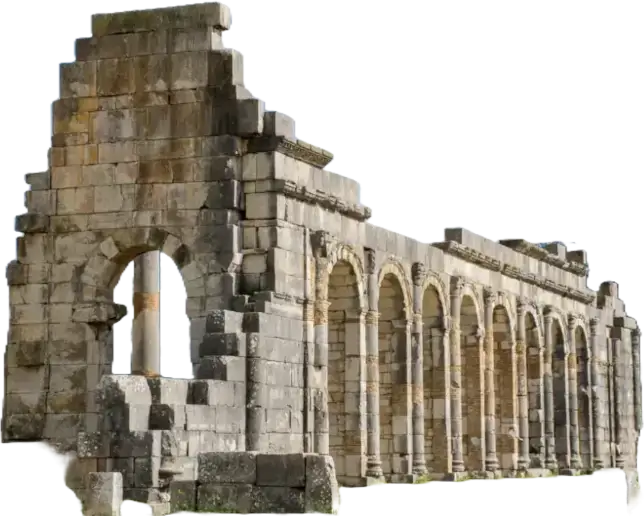
Another Friday demonstration. Another Tuesday student protest. An oligarch arrested. And another. A former prime minister arrested. And another. And another arrest. And another. A website blocked. And another. Another public statement from the president or Army Chief of Staff that muddies more than it clarifies. A self-pitying op-ed plumbing the depths of how far Algeria has sunk from the ideals of the Statement of 1 November 1954. And another. Woe unto Algeria.
Another stage of the constitutionally mandated transition process transgressed. Another week goes by without any sense of where Algeria is heading or when it might get there.
14 June is the 17th consecutive Friday of demonstrations against the present political system. At risk of being pedantic, whether the demonstrations have been successful or not depends on how “success” is defined.
Hirak, as the demonstrations are collectively known, has managed to pressure former President Abdelaziz Bouteflika to withdraw his candidacy for the 2019 elections and then resign entirely; it managed to pressure the interim government to arrest what Hirak viewed as the most egregiously corrupt members of the previous administration and its network; it managed to force the cancellation of presidential elections that had been rescheduled from 18 April to 4 July; it managed to pressure the government to widen its dragnet to include the arrests of more businessmen, more former ministers and two former prime ministers. More arrests are undoubtedly coming. But to what end?
Although Hirak has articulated what it wants – accountability, transparency, rule of law, and other fundaments of good governance – there have only been marginal (and quickly dismissed) articulations of the process that can get it what it wants. So, there is another protest and another demonstration repeating Hirak’s refrain – “Get Rid of Them All.”
The risk for Hirak is being tricked by the illusion that the longer the demonstrations last, the more compelling they are, whereas in fact the longer the demonstrations last, the more likely it is that Hirak will be outmaneuvered by the current government and the more likely it is that demonstrators will eventually come to the negotiating table, but from a position of weakness rather than strength.
A central challenge for Algeria at this juncture is how to arrive at a permanent government. With the cancellation of the 4 July presidential polls, there is no longer any legal guidance regarding when elections should be rescheduled. In addition, there is no constitutional contingency to extend interim President Abdelkader Bensalah’s term, which was to have only lasted 90 days, but is now indefinite. Similarly, there is no institutional mechanism to replace Bensalah should he resign or be dismissed. In light of these ambiguities, Algeria is beyond the pale, no longer guided by constitutional guardrails, but by real and imagined principles and ambitions.
Hirak is attempting to convene a civil society dialogue for 15 June, but preparatory workshops and roundtables have been beset by schisms and claims of marginalization and dispossession – which groups should be represented, to what degree, what is a reasonable, albeit potentially exclusionary, message and what is so broad as to be unattainable?
The government, for its part, sees itself as genuine caretakers: cabinet ministers were asked to step into the breech and they have done, despite the low likelihood that they would be acknowledged, let alone rewarded, for their service to the nation and probable professional self-sacrifice. They see their mandates as simply ensuring that Algeria’s institutions continue to function as they ought to, but they also want to ensure that they are not punished or prosecuted for their participation in Algeria’s political transition. It is not an unreasonable concern.
Meanwhile the pace of arrests and the government’s desire to consolidate its power will continue. Some of the measures that the government will take will dovetail with Hirak’s desires, which will momentarily mollify the movement, but in many instances the government’s measures are geared toward advancing its interests (stability, security, and continuity) under the guise of satisfying demonstrators’ demands.
So, next week will bring another public statement, another Tuesday student protest, another Friday demonstration, another paddy wagon to El Harrach. And on it goes.
NARCO is available to answer all of your questions on Algeria’s political trajectory and the impact on the investment environment and the hydrocarbons sector. info@northafricarisk.com


